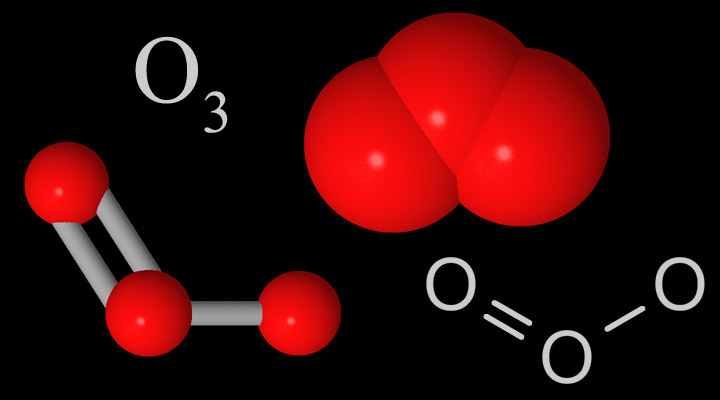Question #9c2f7
1 Answer
Explanation:
The first thing that you need to do here is to convert the mass of ozone to moles by using the molar mass of the compound.
#8 color(red)(cancel(color(black)("g"))) * "1 mole O"_3/(48.0color(red)(cancel(color(black)("g")))) = "0.1667 moles O"_3#
Now, in order to be able to calculate the number of atoms present in the sample, you need to find the number of molecules of ozone it contains.
To do that, use Avogadro's constant, which tells you that in order to have
#0.1667 color(red)(cancel(color(black)("moles O"_3))) * (6.022 * 10^(23)color(white)(.)"molecules O"_3)/(1color(red)(cancel(color(black)("mole O"_3)))) = 1.004 * 10^(23)color(white)(.)"molecules O"_3#
Finally, you can use the fact that

to say that your sample contains
#1.004 * 10^(23) color(red)(cancel(color(black)("molecules O"_3))) * "3 atoms O"/(1color(red)(cancel(color(black)("molecule O"_3)))) = color(darkgreen)(ul(color(black)(3 * 10^(23)color(white)(.)"atoms O")))#
The number is rounded to one significant figure, the number of sig figs you have for the mass of ozone.

